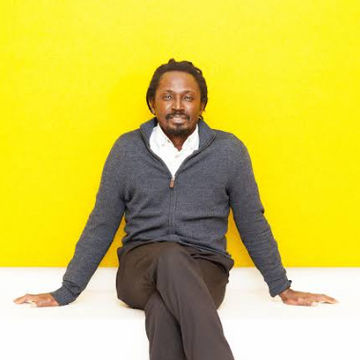Limbo Time – Museums, Temporality and the Wounds of History
Wayne Modest, PhD
Director of Content National Museum of World Cultures and the Wereldmuseum Rotterdam
Head of Research Center for Material Culture at Vrije Universiteit, Amsterdam.
In recent years, how to address the colonial past in the present has become a globally pertinent question. As visible remains of the past, museums - like other heritage sites such as public monuments - have been a fulcrum around which these discussions have taken place. For many museums in Europe, and especially so-called ethnographic museums, this has importantly included questions of who owns objects collected during the colonial period for which museums are now custodians. Such questions have been accompanied by a growing number of requests for the return of such objects. Museums, like monuments, speak to both to the endurance of the wounds of history and to an increasing demand for repair.
Drawing on examples from Jamaica - three Taino objects whose return was requested from a museum in the UK, African objects collected in 1960s as part of the search for a new national search for identity and now in the collection of the national museum, and the responses from a part of the island’s Black population to the Jamaica Exhibition of 1891 - I will argue that thinking with and from the Caribbean may help museums to address the wounds of history. I take “wound” here to mean both the physical and emotional injury caused by a traumatic event, and the temporal fissure, the gap or break caused by this injury.
Addressing the wounds of colonial history, I suggest, would require that museums reorient their approach to temporality, a reorientation that I call Limbo Time or the temporality of repair and return. Such a reorientation,Limbo Time, I suggest, would require first, that museums see colonial injury not as something past, but as ongoing, as part of the folding of time, where past injuries live on in the present; and that they see the potentiality of objects to afford imaginative return, to bridge or heal the gaps, erasures, fissures that the violence of colonialism created. I will locate my argument within a longer history of scholarly engagement from and about the Caribbean with questions of time, and draw on the works of two Caribbean scholars whose work have been concerned with Limbo, Kamau Brathwaite and Wilson Harris.
